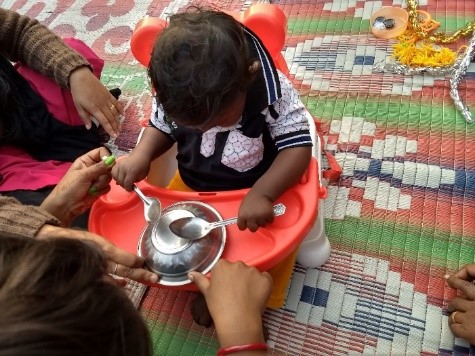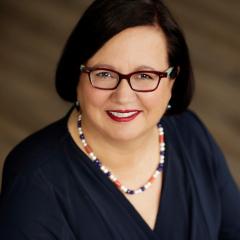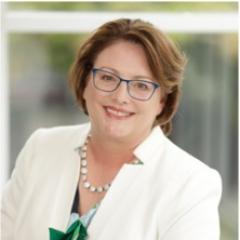The LEAP-CP trial is an early detection and intervention program for infants at high risk of cerebral palsy/ adverse neurodevelopmental outcomes whose families identify as Aboriginal and/ or Torres Strait Islander. What makes this program unique is its proactive approach (screening in the first year of life) and delivery through Indigenous Allied Health Workers from the local community. This ensures the cultural relevance and safety of the program content and service delivery model. The program is currently securing ethics and establishing governance for state-wide recruitment across Queensland, as well as sites in Western Australia. COVID-willing recruitment will start shortly! We are fortunate to have an experienced physiotherapist join as a PhD candidate, Ms Carly Luke, who is based in Townsville, and focuses on the screening and diagnostic accuracy/ cultural appropriateness of measures. We have also recently been joined by an experienced and highly connected public health clinician, Ms Leeann Mick-Ramsamy, as a PhD candidate, who will provide critical guidance on the cultural aspects of the program. We welcome interested clinicians and organisations who may like to explore involvement on the program to connect with us.

The LEAP-CP program is based on a successful trial Dr Benfer has developed, trialled and implemented, in India. Through working with a team of dedicated researchers, local site coordinators, and community disability workers from Asha Bhavan Centre, Dr BC Roy Postgraduate Institute of Paediatric Science, Child in Need Institute, Indian Institute of Cerebral Palsy, Dr Benfer has led and implemented the intervention with local communities. The LEAP-CP project has now finished data collection in Kolkata India, with 749 babies with birth risk factors screened with the General Movements and HINE, and 142 babies at high risk of CP (12-40 weeks) recruited to an RCT of LEAP-CP. The project has received funding from Dr Katherine Benfer’s NHMRC Early Career Fellowship, Queensland Children’s Hospital Foundation and Cerebral Palsy Alliance, which will further assist Dr Benfer in carrying out her project in rural regions of Queensland and Western Australia working with indigenous communities.
Contact Details: Dr Katherine Benfer, NHMRC Early Career Fellow, k.benfer@uq.edu.au.
This project is funded by Children’s Hospital Foundation, Cerebral Palsy Alliance, and NHMRC Horizon 2020 Australia Funding.
Chief Investigators: Dr Katherine Benfer, Prof. Roslyn Boyd, Prof. Anthony Smith, Dr Koa Whittingham, Prof. Yvonne Cadet-James, Dr Alan Ruben, Prof. Iona Novak, Dr Catherine Morgan, Dr Gulam Khandaker, Mark Chatfield, Dr Joshua Byrnes, Lynda McNamara, A/Prof. Jane Valentine, Prof. Catherine Elliott.
LEAP-CP - Detection sub-study: Early Detection of Australian Aboriginal and Torres Strait Islander Infants at high risk of adverse neurodevelopmental, motor and cognitive outcomes at 12 months corrected age (CA)
The LEAP-CP detection sub-study is designed to implement an early screening and detection program for infants at high risk of cerebral palsy or adverse neurodevelopmental outcomes, whose families identify as Aboriginal and/ or Torres Strait Islander. The study aims to determine the cultural appropriateness and diagnostic accuracy of assessments used to predict a later diagnosis of cerebral palsy or adverse neurodevelopmental outcomes, including autism spectrum disorder, fetal alcohol spectrum disorder and developmental delay, at 12 months corrected age (c.a). Participants will be a prospective cohort of 120 infants, aged 0 to 9 months corrected, from sites across North QLD including Townsville, Palm Island, Cairns, Torres Strait and the Cape, Mt. Isa, Mackay, and Rockhampton. Infants will complete screening assessments at 3 months c.a (General Movements assessment) and at 6 to 9 months c.a (neurological, motor and developmental assessments). Infants who are considered to be “at high risk of CP and/adverse neurodevelopmental outcome”, following the screening assessments, will be eligible for the LEAP-CP intervention trial. All participants will be followed up at 12 months c.a to determine motor, cognitive, neurological and developmental outcomes. We are currently securing ethics and establishing governance for state-wide recruitment across Queensland and are hoping to commence recruitment shortly.
 Ms Carly Luke, Paediatric Physiotherapist at the Queensland Children’s Hospital was recently awarded a PhD scholarship from the Cerebral Palsy Alliance to undertake ‘A Prospective cohort study of indigenous infants at high risk of Cerebral Palsy in Far North Queensland’, as part of the LEAP-CP program based at the Townsville University Hospital. To find out more about Carly’s PhD project: carly.dickinson@uq.edu.au.
Ms Carly Luke, Paediatric Physiotherapist at the Queensland Children’s Hospital was recently awarded a PhD scholarship from the Cerebral Palsy Alliance to undertake ‘A Prospective cohort study of indigenous infants at high risk of Cerebral Palsy in Far North Queensland’, as part of the LEAP-CP program based at the Townsville University Hospital. To find out more about Carly’s PhD project: carly.dickinson@uq.edu.au.



